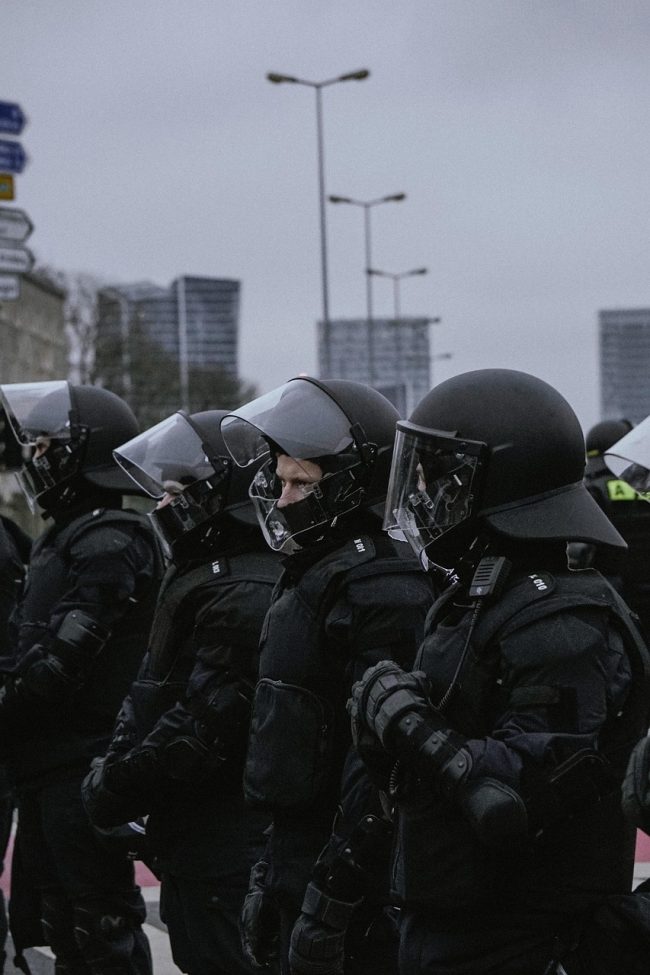OP-ED: Counter-Insurgency and Nigeria’s War on Terror

In recent weeks, the Nigerian Army has been taking the fight to the murderous Boko Haram sect in Adamawa, Yobe and particularly in Borno State the epicentre of the rebellion. The cooperation with the armies of Cameroun.
Chad and Niger have been quite significant but the main factor in the resurgence of the Nigerian Army must be the deployment of freshly armed troops into the theatre of operations. Nigerian can now see the quality of the Armed Forces with the Army finally acting like a modern force as witnessed by their coordination with the Air force in recent combat operations.
The current success is a world away from the early days of the insurgency when the militants overran even major cities with ease, attacking the same locations again and again, the Army offering scant resistance. Soldiers were reportedly dropping their weapons and even changing out of their uniforms to melt away with the citizenry. Rumours of treachery were rife and even President Jonathan publicly called on Army Commander to redeploy soldiers whose loyalty was suspect. American trainers fell out with their Nigerian counterparts when the trainees allegedly asked for fresh weaponry for the training because the Nigerian Army didn’t have enough equipment to use for the exercise without depriving front-line troops of the weapons with which they were fighting.
Operation Flintlock in Chad involved the United States and the North Atlantic Treaty Organization training the Armies of Chad and Cameroun, who were thrown into the battle across the border in Nigeria the following day and have been recording considerable success with President Idris Deby of Chad vowing to apprehend Abubakar Shekau in the not too distant future. One fervently hopes that this recent run of good form will continue.
Arial Harassment and interdiction of militant strongholds in the Sambisa forest need to continue to prevent the militants from coming together in large enough numbers to initiate any significant attack on urban centres. Air patrols should be stepped up to pick off any large convoys of fighters before they get to their destinations. The use of helicopters as troop carriers should make the Army more mobile. Militant attacks that last hours without the arrival of any government reinforcement suggest a shortage of troop-carrying helicopters. Such aircraft are crucial for defending remote settlements with poor access roads. Communications should also be improved so that military outposts can contact their headquarters as soon as they come under attack.
Intelligence operations should form the major component of the war on terrorism. This is the only way of ensuring that bomb plots are foiled before they are carried out. It shouldn’t be too difficult to infiltrate the sect as it usually replenishes its ranks from the population centres it invades. Military Intelligence Officers should be active within army formations to ferret out Boko Haram sympathizers. Such traitors should not just be redeployed but court-martialed.
Above all the Nigerian Army should endeavour to draw their battle lines outside major cities. The former practice of defending cities from within has decimated major population centres in the North East as towns and villages have become battlegrounds reduced to rubble. Olusegun Obasanjo a former Army General once said ‘’There are no bad soldiers only bad officers’’. With better planning and execution, the Nigerian Army is apparently back to the winning ways which once earned it accolades in Liberia, Sierra Leone and all over the world.
